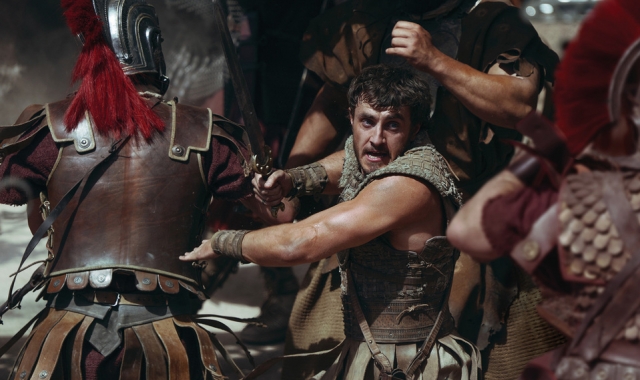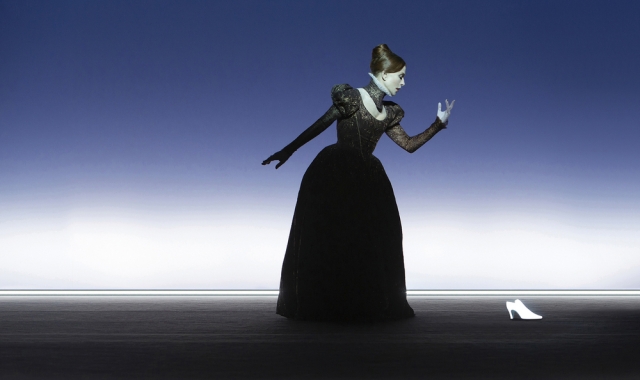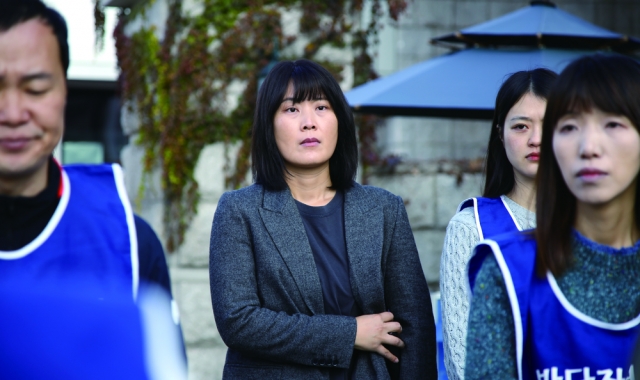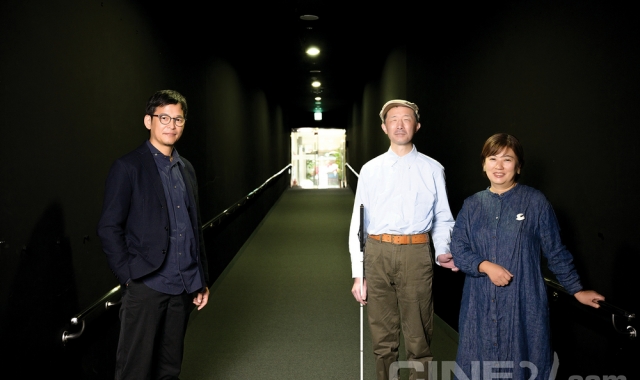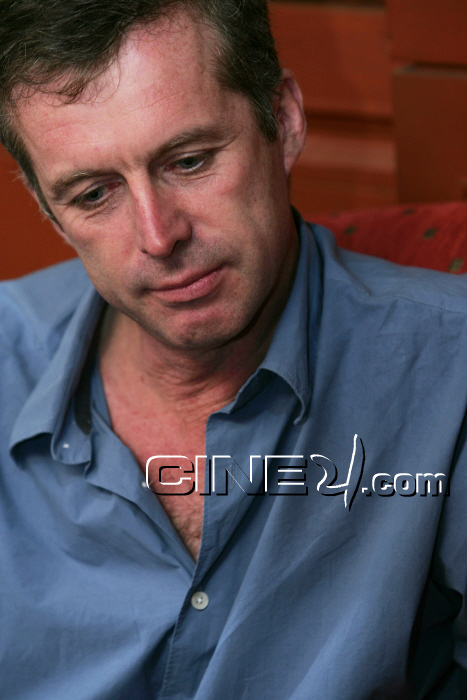
브루노 뒤몽 감독은 <플랑드르>(2006)로 99년에 이어 두 번째 칸영화제 심사위원대상을 받았다. 혹독할 정도로 건조한 <플랑드르>는 상징과 암시로 가득한 영화로, 풍성한 플랑드르의 녹색 아름다움과 전쟁이 벌어지는 사막의 누런 황폐함이 대조를 이룬다. 뉴커런츠 심사위원으로 부산을 방문한 그를 만나 올 부산에서 상영되는 <플랑드르>와 그의 영화 작업방식에 대한 이야기를 들어보았다.
-<플랑드르>의 이야기 중심에는 플랑드르가 있다. 왜 그곳을 선택했는가.
=이야기를 떠올리기 전에 영화의 장소를 먼저 결정한다. 이야기도, 연출방식도 그곳에서 출발한다. 그래서 플랑드르에 살고 있는 배우를 출연시켰다. 그렇게 하면 자연스럽게 조화가 이루어진다. 배우와 풍경, 이야기간의 균일성도 가질 수 있고.
-플랑드르의 풍요로움을 강조하기 위해 주인공을 사막의 전쟁터로 보내는 방식을 선택했다.
=철학적인 이야기, 여기서 철학적이라는 말은 인간적이라는 뜻인데, 이런 이야기를 만들기 위해 나는 단절을 선택했다. 예를 들면 영화 속에서 사막과 플랑드르의 풍경은 극과 극이다. 주인공이 플랑드르에서 떠나면서 플랑드르의 부재가 시작되는데, 그 효과는 역으로 전쟁을 강조하는 것이다. 그가 플랑드르로 돌아오면서 인물들의 생생함이 더해진다.
-<플랑드르>가 전쟁을 다루는 방식, 이미지를 설명하는 방식은 할리우드적인 방식에 젖어있는 사람들에게 낯설 수밖에 없다.
=다르게 하기야말로 감독이 할 일이다. 동일한 이미지 반복은 의미가 없다. 고유하고 독창적인 이미지를 통해 이야기의 본질에 다가갈 수 있다. 폐쇄적인, 주어진 이미지에 젖은 사람들 눈에 내 영화가 낯설어 보이는 건 당연한 일이다. 하지만 누구나 같은 이미지를 만들어낸다면, 그야말로 바보짓이다. 내 영화는 지적인 영화가 아니다. 단순한 이야기를 나만의 연출법으로 영화화했을 뿐이다. 관객을 끌어 모으기 위해 머리를 굴리는 상업영화야말로 지적인 영화 아니겠는가. 상업적이라던가 상업적이지 않다는 식의 이분법은 영화적인 담론이 아니라 정치적인 담론이다.
-‘시네필’이라고 할 수 있는 관객들이 줄어들고 있다. 영화 관련 기술이 발달해도 시네필은 줄고 있는 역설이 현실이다.
=전세계적으로 취향과 감성이 편협해지는 동시에 동일해진다. 이런 상황은 매우 심각하다고 생각한다. 삶의 다양성이 없어지면 삶의 질도 저하된다. 문화를 파괴하는 이런 현상은 프랑스에서도 심각하다. 영화를 사랑하기 위해서는 문화가 필요한데 문화가 파괴되고 있다.
-뉴커런츠 심시위원을 겸하고 있다. 아시아 영화에 원래 관심이 있었나. 특별히 좋아하는 아시아 영화 감독이 있나.
=아시아 영화에 동경심을 가지고 있다. 미장센의 대가인 오즈 야스지로와 미조구치 겐지를 가장 좋아한다. 임권택 감독의 <서편제>도 좋았다. 엄격히 절제된 연출방식이 매력적이다. 아시아 영화들에서 볼 수 있는 철학적인 사유를 카메라 움직임 속에서 발견하는 일이 즐겁다.
<Flanders> Director Bruno Dumont
Bruno Dumont's 2006 film <Flanders> won his second Grand Prix at Cannes, joining his 1999 film <L'Humanite>. Through allusions and symbols, his new movie depicts the contrast between the abundance of Flanders and the devastation of a war-torn desert. Dumont shared his thoughts on his method of filmmaking.
-<Flanders> centers around the town of Flanders. Why did you choose this location?
=Before deciding what I film, I decide where I film. The story and directing method all arise from the location. That's why I had to have actors from Flanders. A harmony is naturally created. There’s a seamlessness between actors, landscape, and story.
-To accentuate the abundance of Flanders, you sent your protagonist to war in the desert.
=It's a philosophical story. Here, philosophical means humanistic, and to tell this story, I chose this rupture. The desert and Flanders are polar opposites. When the protagonist leaves, the absence of Flanders begins, and the focus turns towards war. When he returns home, the vitality of the characters intensifies.
-Your treatment of war and your presentation of images must seem strange to those accustomed to Hollywood.
=It's a director's duty to be different. Repeating similar images is meaningless. Through original images you approach a story's essence. Those steeped in conventional images will find my movie strange. But using the same images as everyone else is idiotic. My movie is not an intellectual film. It's the transformation of a simple story through my own directing style.
-The number of fans calling themselves "cinephiles" is decreasing. There's a paradox in that the number drops even as the technology of film advances.
=On a global scale, tastes and sensibilities are narrowing and becoming more homogenous. It’s grave. To love movies, you must have culture, but culture is being destroyed.

